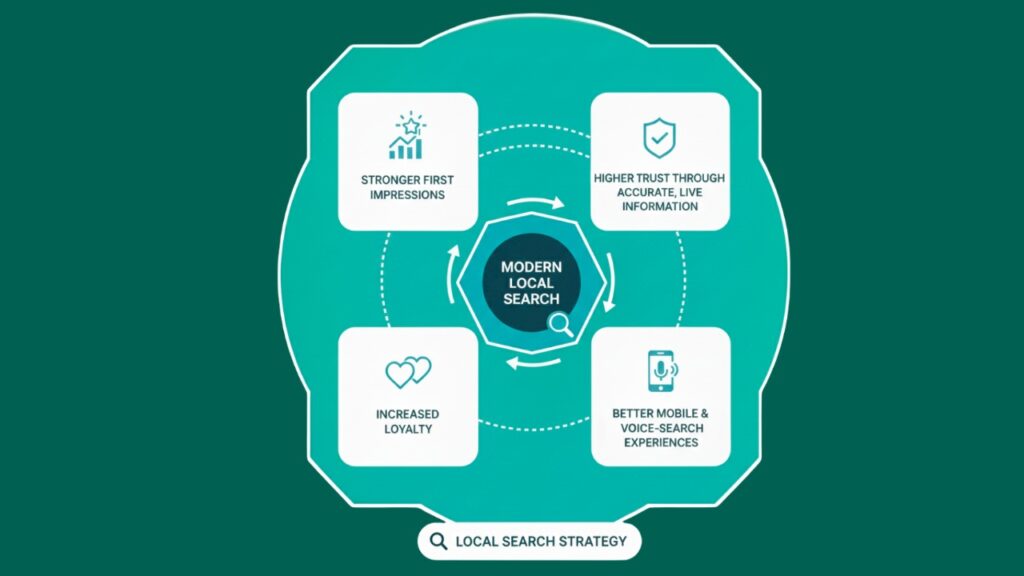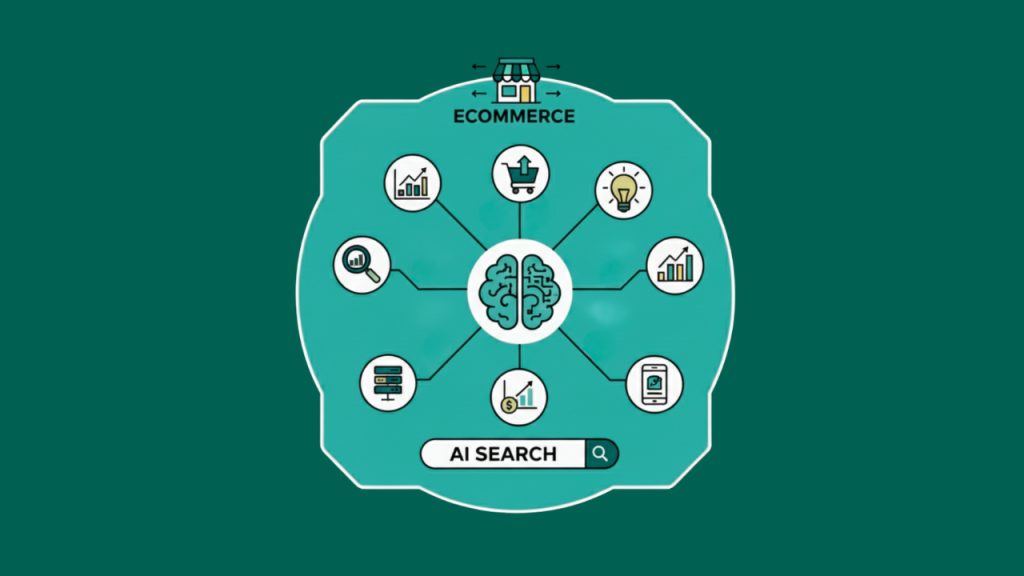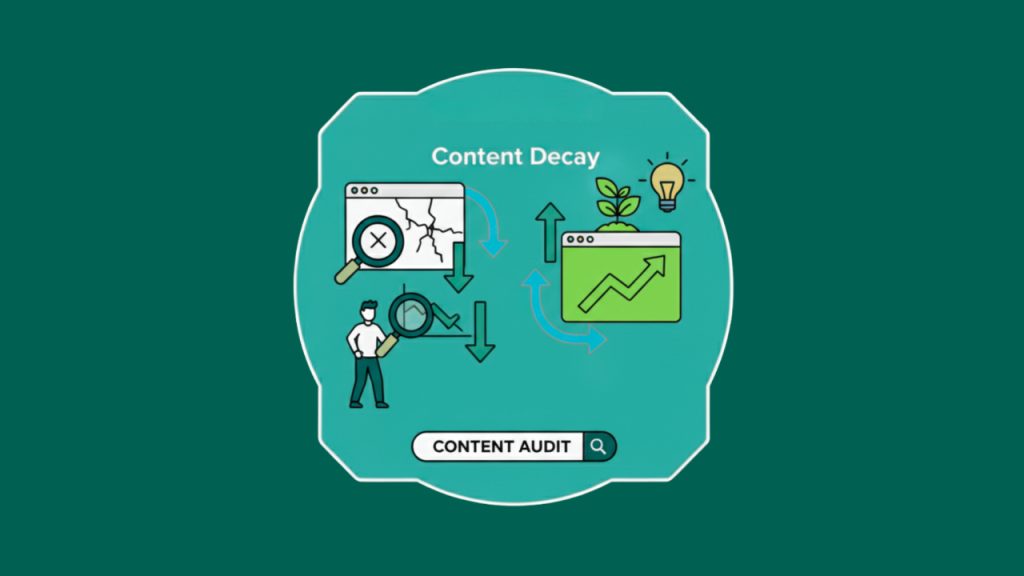Introduction
As a business owner looking to grow your online presence, chances are you’ve heard of both SEO and PPC. They’re two powerful strategies that attract customers in different ways.
Google Ads, which holds over 69% of the PPC market, is a major player, with 63% of people clicking on Google Ads according to DemandSage, making it an effective tool for reaching your audience and driving sales.
Meanwhile, SEO remains a key element of online marketing. In fact, 49% of marketers consider organic search to provide the best ROI, according to Search Engine Journal. However, ranking at the top is highly competitive, with the #1 result capturing 27.6% of clicks on average, as reported by Backlinko.
So, when it comes to choosing between SEO vs PPC, the right strategy for your business depends on your goals, budget, and how quickly you need to see results. In this guide, we’ll compare the two approaches, highlighting their pros and cons, and help you determine which one will deliver the best return on investment.

Why Your Business Needs a Strong Online Presence
Before we look into the pros and cons of PPC vs SEO, it’s first important to understand why growing your online presence is important. With more people searching for products and services online, your business needs to be easily found on search engines like Google or Bing. Studies by Finalsite show that over 90% of online experiences begin with a search engine. This makes visibility a key factor in attracting potential customers.
A strong online presence means more traffic, brand credibility, and ultimately, more sales. Both SEO and PPC can help you achieve this, but they require different approaches, budgets, and timelines.
What is PPC?
PPC (Pay Per Click) advertising is a method where businesses pay for their ads to appear at the top of search engine results or display on websites, apps, and devices. Google Ads is the most popular PPC platform, allowing businesses to bid on keywords and display ads when users search for related terms.
As an example, PPC advertising on Google typically involves the following processes:
- You create an ad targeting a specific keyword (e.g., “West Midlands marketing agency”).
- You set a budget for clicks and bid for placement in Google’s ad section.
- You create your desired, relevant ad, with either convincing copy or compelling visuals, or a combination of both.
- You set your target audience, carefully choosing who you want to show your ads to.
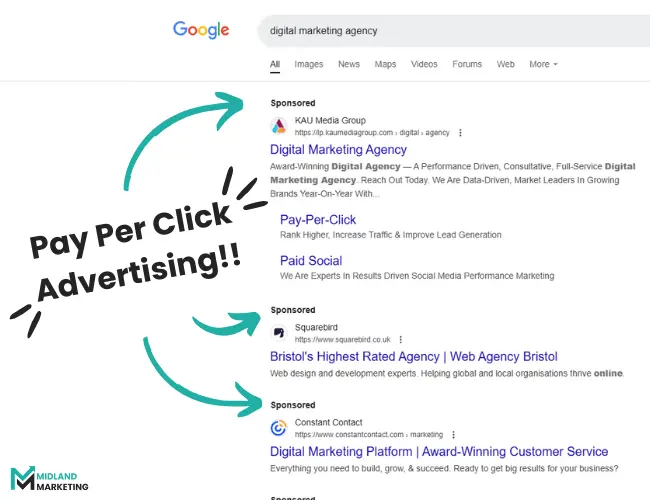
The Pros and Cons of PPC
Is the investment into Pay Per Click advertising worth it?
Pros of PPC:
- Instant Results – Your ads will appear almost immediately when you launch a PPC campaign.
- Highly Targeted – You get better control over who sees your ads by targeting demographics, locations, and even interests.
- Easy to Track – PPC platforms provide detailed data, allowing you to measure campaign performance with ease.
- Flexible Budgeting – You can adjust your ad spend based on your business needs, at any time.
- Quick Experimentation – You can create quick and easy A/B test campaigns to see what works and what doesn’t through veritable results.
Cons of PPC:
- Costs Add Up Quickly – The more competitive the industry, the higher the cost per click.
- Requires Continuous Investment – Once you stop paying, any traffic from your paid ads will disappear.
- Potential for Click Fraud – Competitors or bots may click on ads, leading to wasted budget.
- Ads Can Grow Stale – The longer campaigns run, the more you’ll need to refresh your ads to stop people from growing bored of them.
- Spend to Earn – You need a budget to start a campaign, and you might see losses as you try to figure out how to optimise your campaigns when you start.
What is SEO?
SEO (Search Engine Optimisation) is the process of improving your website’s rankings on search engines like Google and Bing so that potential customers can find you organically. Instead of paying for ads, SEO helps your website show up naturally in search results when people look for relevant keywords.
There are multiple key strategies when it comes to SEO, including:
- Keyword Research – Identifying phrases or words of what potential customers are searching for.
- On-Page SEO – Creating or improving website content, headlines, and meta descriptions.
- Technical SEO – Ensuring fast load speeds, mobile-friendliness, and good site structure.
- Backlink Building – Getting other websites to link to your site to build authority and spread awareness.
- Content Creation – Publishing helpful blogs, guides, and FAQs that contain valuable information to attract visitors.
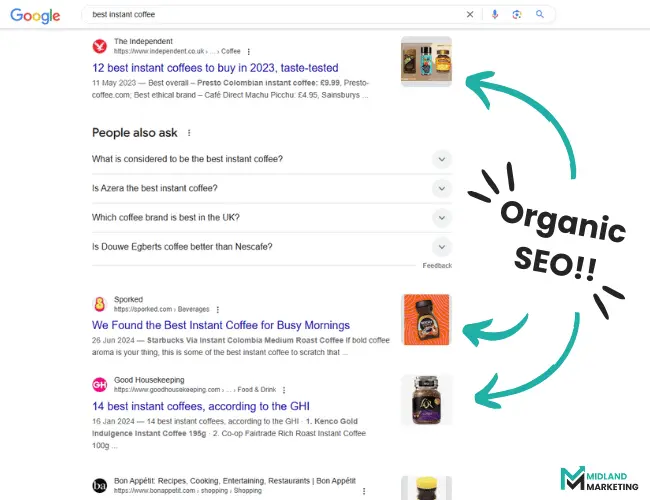
The Pros and Cons of SEO
Is the time it takes to build an SEO strategy worth it?
Pros of SEO:
- Sustainable Growth – SEO will deliver traffic long after work is done, and doesn’t stop when the budget does.
- Builds Trust and Authority – In general, users tend to trust organic search results more than ads.
- Higher Click-Through Rate (CTR) – Organic listings often get more clicks than paid ads.
- Cost-Effective Long-Term – Once your website ranks, you get free organic traffic.
Cons of PPC:
- Takes Time – On average, it can take from 3-6 months or more to see significant results.
- Constant Updates Needed – Regular updates to SEO algorithms means content constantly needs re-optimising.
- Competitive – Some industries or keywords are harder to rank for due to high competition.
- Needs Unique and Authoritative Content – Ranking isn’t always down to relevant keywords. Sometimes, it can fall down to expertise, especially in sectors where experience matters – like security, health, and finance.
SEO vs PPC: Which Strategy is Best for Your Business?
There is no definitive answer to whether PPC or SEO is better, as both can drive traffic and conversions effectively.
However, the real answer is… “It depends!”
Ultimately, the best choice depends on your budget, goals, and timeline.
If you need immediate traffic and have the budget, PPC is an excellent option. It works particularly well for seasonal campaigns or time-sensitive events.
On the other hand, if you’re looking for sustainable, long-term traffic, investing in SEO is the better approach. Businesses that rely on consistent visibility, such as service or product-based companies, often benefit most from SEO strategies.
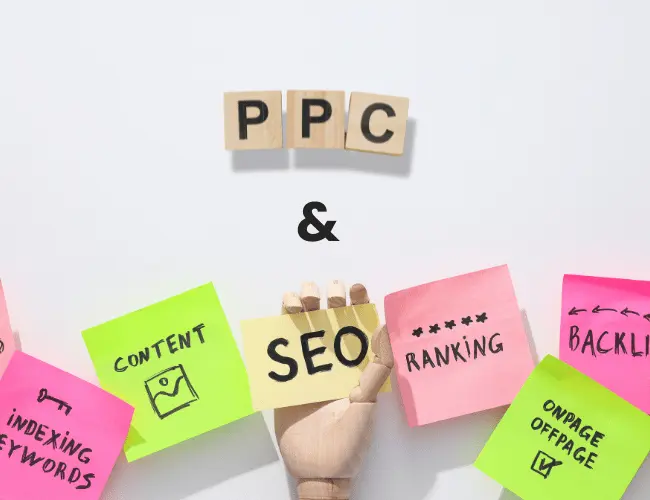
Using PPC and SEO Together for the Best of Both Worlds
Successful businesses often use both SEO and PPC to maximise their results. PPC drives immediate traffic, while SEO builds long-term visibility and credibility. By combining these strategies, businesses can refine PPC campaigns using SEO insights, retarget organic visitors with paid ads, and promote seasonal offers without sacrificing steady organic traffic. This balanced approach improves visibility, attracts high-quality leads, and strengthens overall marketing performance.
Both PPC and SEO have unique advantage, and the right choice depends on your business goals. PPC delivers fast results but requires continuous investment, whereas SEO is a long-term strategy that establishes trust and authority. For many businesses, combining both strategies offers the best return on investment.
Not sure where to start? We’re here to help! At Midland Marketing, we specialise in PPC and SEO strategies designed to drive results and grow your business online.
Want some more?
Latest Insights & News
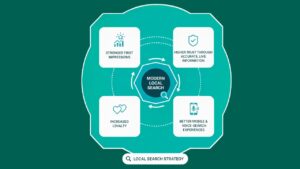
How Modern Local Search Transforms the Customer Experience
The New Role of Local Search in Customer Experience Local search didn’t make a grand entrance. It settled into the middle of our online lives
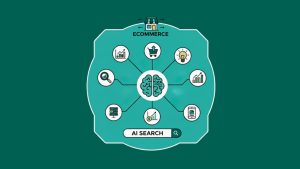
AI Search Optimisation for E-commerce: 7 Proven Steps to Boost Visibility and Sales
How AI is Changing the E-commerce SEO Game AI search optimization for e-commerce is no longer an idea. It is practice. Search engines now use
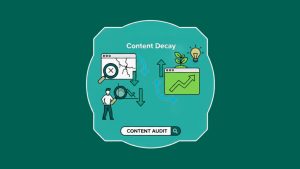
Understanding Content Decay: How to Spot and Revive Underperforming Pages
What Is Content Decay and Why Does It Matter for SEO Content decay is the gradual decline in organic traffic and rankings. This happens to









